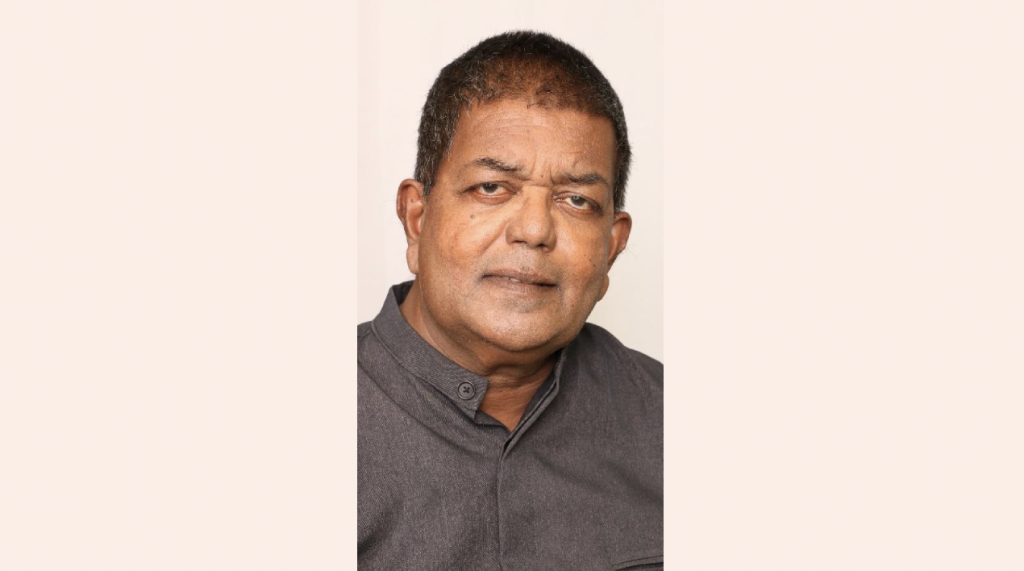Indian politicians in their struggles for political independence adopted a socialist model which had its origin in Europe. It appears that in the heads of those leaders they have concluded that everything from the west is always better than any aspect of indigenous cultures of the colonies.
It was heartening that Mahatma Gandhi used indigenous strategies to fight the British including concepts like satyagraha (truth), swadeshi (locally produced goods), cow protection and the celebration of cultural diversity.
Gandhi was uncompromising on conversion and protested the conversion of one of his sons to Islam who final went through a purification ritual by the Arya Samaj and had brought him back to the Hindu fold. When the Muslims offered to convert the untouchables to Islam, Gandhi protested. He embraced the untouchables, calling them Harijans, the children of God and spent time in their colonies, even sleeping and eating in their homes.
A British-trained lawyer, Gandhi was able to shed his British costume and don himself in the clothes of a peasant to identify with the Indian masses. At the same time Gandhi did not shun the industrialists like Birla who were at his side and providing financial and material resources for the independence struggles.
Gandhi’s goal was to keep India united and not divided along fault lines like Islam, Christianity, and social classes. It was this socialist leaning of Nehru that alienated many landlords in the Punjab, thus giving their support to the Jinnah-led Muslim League to save their vast acreages. Had Nehru not displayed this class bias, the landlords would have not opted to vote for the Muslim League.
The USSR and its influence in central Asia had to be contained with the British not wanting to leave India in the hands of a socialist leaning government. India had to be truncated to create East and West Pakistan and a disputed Kashmir. The west courted Pakistan for their own geopolitical advantages and their efforts to wrest Kashmir from India to give them access to central Asia.
In the Caribbean Cheddi Jagan came to power in 1957 with a strong socialist posturing. His socialist leaning scared the British and the Americans. With India already under the influence of a socialist Nehru, the west could not ignore the rise of Cheddi Jagan. The socialism of Jagan blocked the PDP led by Bhadase Sagan Maraj from forming the government in Trinidad and Tobago in 1956 and taking the country to independence.

The Ramayana, Mahabharata, and the teachings of Chanakya and other thinkers can help us to design a developmental model to suit our present challenges. India is not our solution as the intellectual class are busy quoting Mark Twain and Shakespeare as if works of Vyas, Tulsidas and Kalidas and other saints and sages have no relevance in the modern world.
Oxford and Cambridge were built not to liberate the colonies but to train a British ruling class to perpetuate the colonial policy of the west. Like the Presbyterian Mission in Trinidad, their education was to create colonials or brown and black sahibs who would be loyal to Her Majesty. It is time for us to see through the education system that has paralyze our intellects and start developing educational institutions that would rebuild pride in our heritage.
Indian thinkers such as Vikram Sampath, J Sai Deepak and Sanjeev Sanyal are rewriting Indian history to show Hindu society and its leaders in a positive light. It is urgent and critical that our local academics look at the writings of this rising intellectual class in India to find new analytical tools to look and shape a new society rather that perpetuating the west which is in decline and decay.
